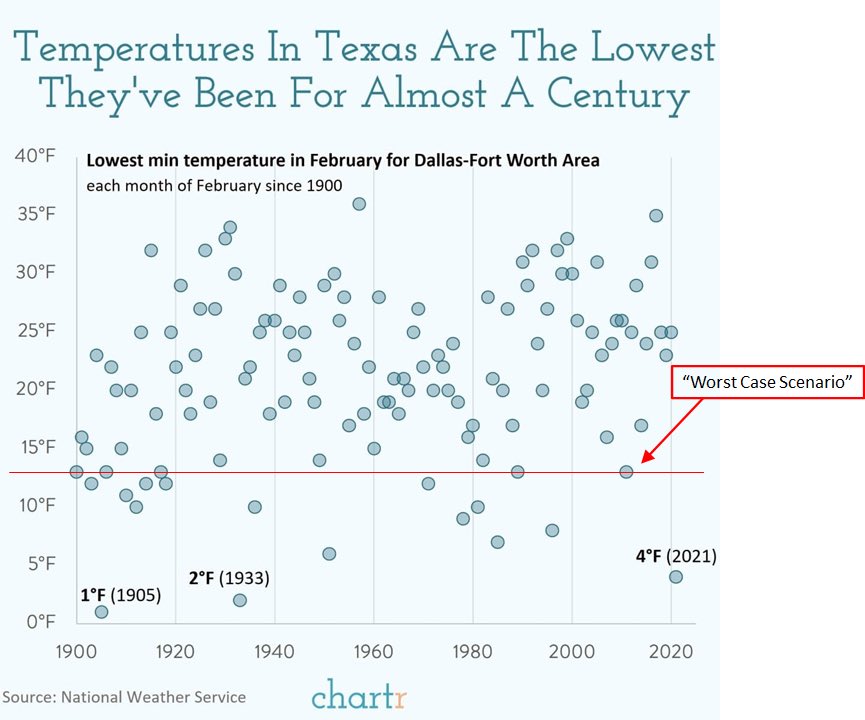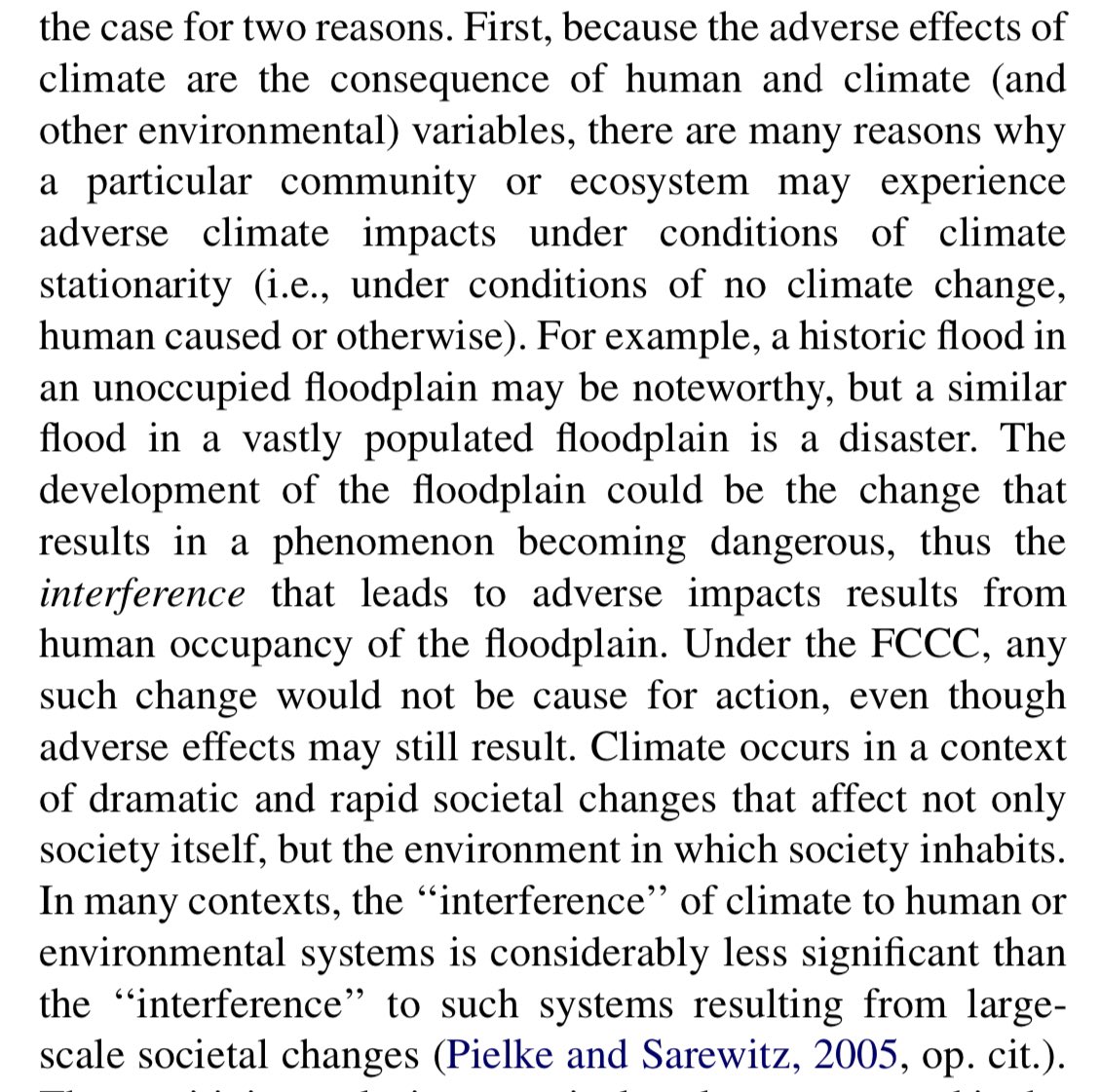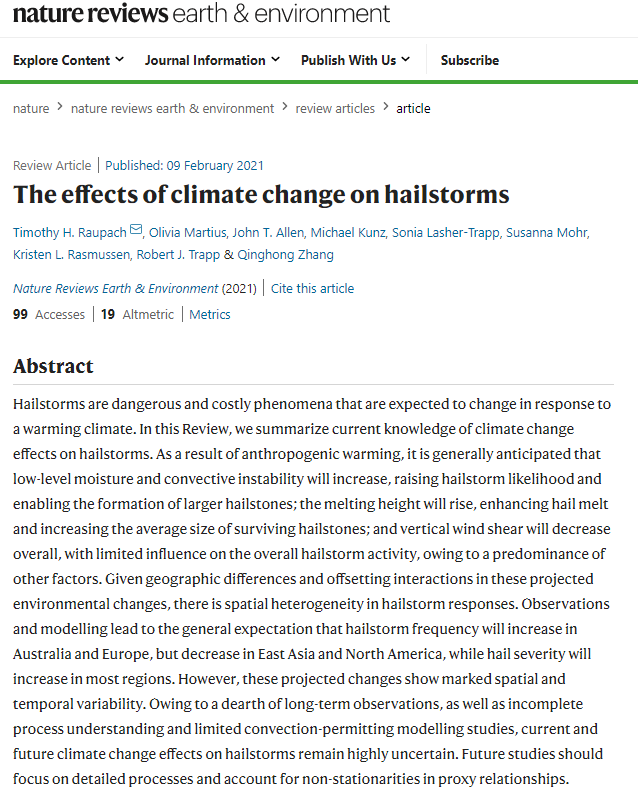
There are many important lessons to be learned from the Texas blackout
But this event is not about increasing extremes, nor about an unstable climate, nor breaking the bounds of predictability
Not everything that happens is about climate change
nytimes.com/2021/02/20/cli…
But this event is not about increasing extremes, nor about an unstable climate, nor breaking the bounds of predictability
Not everything that happens is about climate change
nytimes.com/2021/02/20/cli…

I’m thinking that “climate deniers” should also refer to people who deny variability in climate
As “climate” has evolved to mean a cause of events we have lost its true meaning, the statistics of weather over decades and longer
And those statistics vary on all timescales
As “climate” has evolved to mean a cause of events we have lost its true meaning, the statistics of weather over decades and longer
And those statistics vary on all timescales

The Texas story is NOT that infrastructure built for a past climate is suddenly out of its zone
It’s that the infrastructure built for documented climate variability is not fit for purpose
Blaming climate change is both wrong & ignores the real culprit: poor decision making
It’s that the infrastructure built for documented climate variability is not fit for purpose
Blaming climate change is both wrong & ignores the real culprit: poor decision making
Back in the day I wrote about how the gerrymandered definition of climate change used in policy (not by the IPCC) to ignore variability was a problem — it is still a problem, arguably worse
citeseerx.ist.psu.edu/viewdoc/downlo…
citeseerx.ist.psu.edu/viewdoc/downlo…

TL;DR
Here is the key paragraph
If all we care about is change to the statistics of weather caused by human interference, then we will miss most of what matters in building resilient societies to variability AND change
citeseerx.ist.psu.edu/viewdoc/downlo…
Here is the key paragraph
If all we care about is change to the statistics of weather caused by human interference, then we will miss most of what matters in building resilient societies to variability AND change
citeseerx.ist.psu.edu/viewdoc/downlo…

For many disaster planning (“designing future disasters” — memorably by Dennis Mileti RIP) is boring, local, technical, incremental
& climate change is global, exciting, popular, partisan
I get why NYT & others turn everything into a climate change story
It’s still wrong
/END
& climate change is global, exciting, popular, partisan
I get why NYT & others turn everything into a climate change story
It’s still wrong
/END
• • •
Missing some Tweet in this thread? You can try to
force a refresh




















